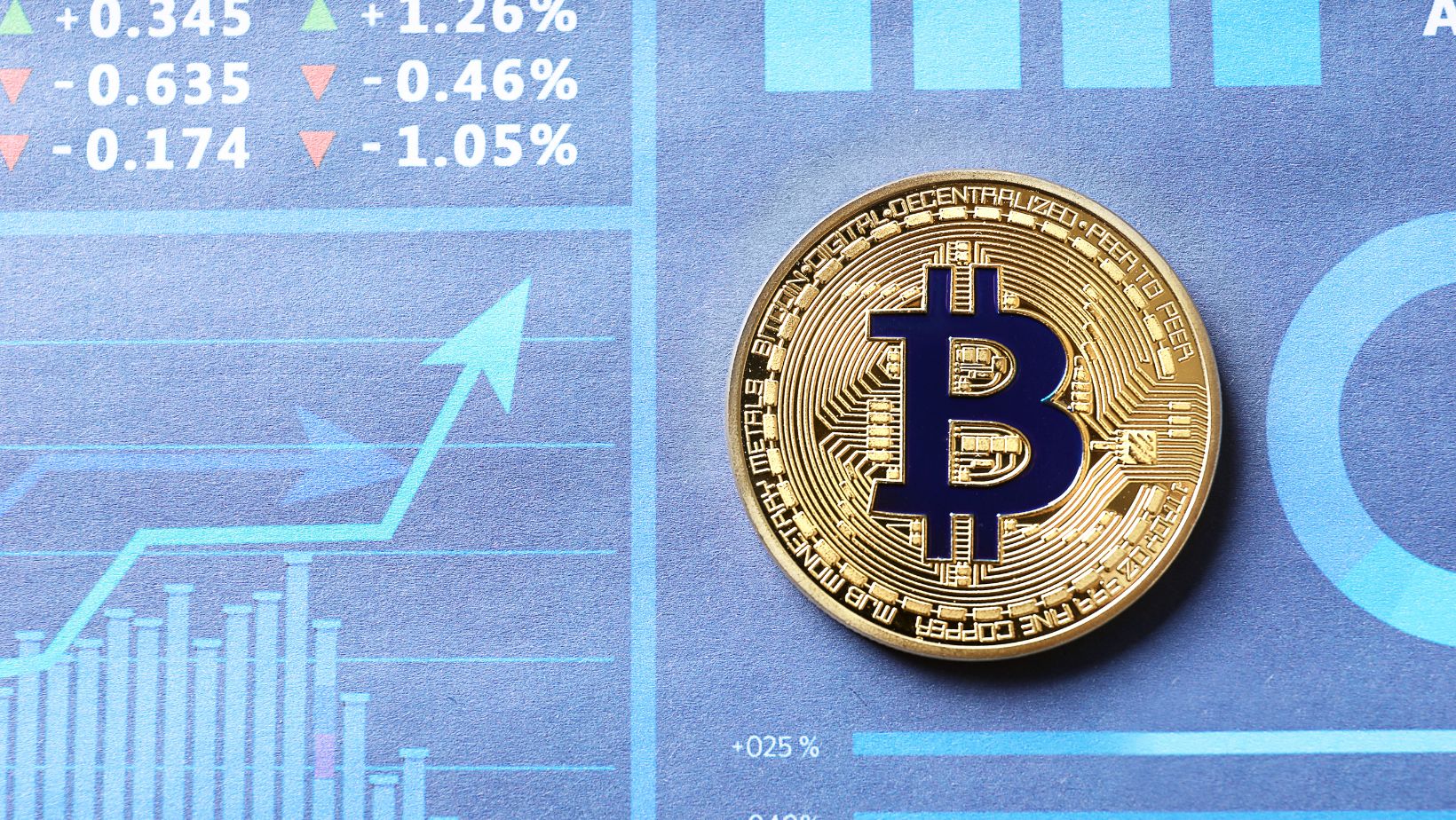Digital assets such as Bitcoin and Ethereum can be complicated to understand if you’re not a crypto-investor. After all, there’s a sea of acronyms and complicated terms such as smart contracts. However, it’s no longer possible to ignore crypto assets because more than 560 million people own crypto on the planet. Although this number might be only 6.7% of the global population, it progresses daily due to popular demand.
So far, 2024 has been a wonderful year for crypto-assets. Bitcoin’s price set new records at the beginning of the year, reaching the symbolic milestone of $70,000 in March 2024. While there are many reasons for this impressive bull run, this price surge can be explained in three words: ETF.
As of July 2024, a new type of ETH is in town. ETH is the second most capitalized crypto asset on the planet. Following the decision of the SEC and the US financial regulators, American buyers can now buy this type of product and hopefully make money from it. Considering the success of Bitcoin ETFs launched this year, it’s no wonder why the Security Exchange Commission studied the question carefully.
By putting ETH ETFs on the market, a whole new range of financial products will be available to people, generating a heap of cash that the crypto industry is always in dire need of developing. Crypto assets are indeed very valuable as they can be used on sites detailed in this BonusFinder Canada page.
What are ETFs?
ETFs are the acronym for exchange-traded funds, a special type of investment that allows buyers to access all kinds of markets. Traditional investors know ETFs and use them to make money on various products. Moreover, they’re regulated by financial institutions, which means that the brokerage that sold them to a customer can cover the loss or theft.
The average investor has grown suspicious of these assets. Bringing Bitcoin and Ethereum is a complete game changer—at least for American buyers—because they now have access to these products with some guarantees—guarantees that hackers won’t steal the product, as it often happens with crypto exchanges, and so on.
Purchasing ETFs VS Purchasing Crypto
Buying some ETF doesn’t mean that you possess the product involved. You only earn (or lose) money if the product price increases. Another good thing about ETF is that you have to choose which company will offer it. Companies such as Blackrock have positioned themselves early in the Bitcoin game.

When buying an ETF from some broker, you are buying a basket full of different assets. Some of them are bound to go up, and some of them are going to go down. Of course, these baskets must be “filled” by professionals who know what to pick. Bitcoin was always a bit tricky because it’s a new product, and it wasn’t easy to select the companies (bitcoin mining companies and different crypto investments) that would be successful at a certain time.
With ETH ETFs, it’s even more complex! Because ETH is only the actual digital asset of the blockchain Ethereum, there are thousands of products to choose from. Indeed, Bitcoin is widely considered a means of treasury, but ETH is more like a galaxy of computers working on concepts like smart contracts. On top of that, let’s not forget the hundreds of other ERC-20 tokens created on that famous blockchain.
Because all of this sounds a bit complicated for beginners, American customers prefer the option of ETFs, as they get the impression of speculating on something larger than one stock. This facility for making profits also explains the success of ETFs since their inception in the early 90s.
Another thing that ETF buyers do is that you don’t have to own your crypto, which can be a logistical nightmare for anyone who isn’t tech-savvy. This way, plenty of senior Americans choose the Bitcoin ETFs. Is ETH going to meet the same fate?
ETH ETFs: What You Can’t Do With Them
You can buy ETFs to speculate on the combined price movement and hopefully generate benefits for your portfolio. However, crypto investors enjoy different ways of making money with digital assets. One of them is staking. Staking is the act of holding onto your crypto, placing it in an organized pool, and expecting a 2% to 5% dividend yearly (APY) if the crypto doesn’t lose its value over time.

With ETH ETFs, you can’t do staking. It’s a bit of a problem for seasoned crypto investors who are always on the lookout for making another buck. However, it’s not a problem for the biggest population of buyers who only see crypto as an investment like others.
Are ETFs Available in Europe?
The simple answer is no. Because European countries work very differently from the US administration regarding legal frameworks, buying these Bitcoin and Ethereum ETFs is impossible if you reside in these countries. The main explanation given for this lack of opportunity is that crypto ETFs aren’t diversified enough and therefore pose a risk for customers.


